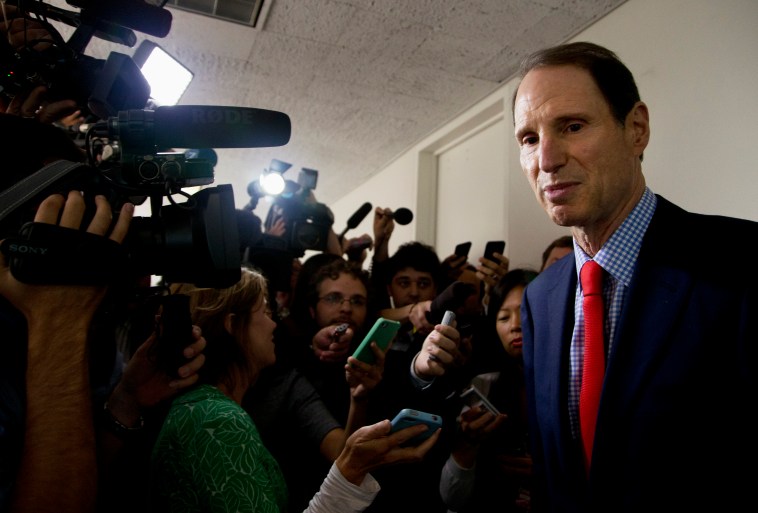Director of National Intelligence Gen. James Clapper confirmed last week that employees in any of the 15 intelligence agencies will no longer be allowed to speak with members of the press or anyone whose job involves disclosure to the public.
Videos By Rare
“It’s self-defeating because the smart officials know the better informed we are as reporters, the better informed our coverage will be,” said Washington Post national security beat reporter Ellen Nakashima, at a Post-Snowden panel discussion April 24.
The new rule extends to casual run-ins, where, if one were to bump into a journalist and not log the conversation, it could be at the expense of one’s job and security clearance to 4.1 million government jobs.
That degree of confidentiality has also been present among members of the Senate Intelligence Committee, House and Senate Judiciary Committee, Foreign Intelligence Surveillance Court, Justice Department, and executive branch agencies, who have known, but could not speak, publicly about the growing face of the National Security Agency and Central Intelligence Agency, according to the panel.
“As long as 2006, Sen. Ron Wyden (D-Ore.) a member of the Intelligence Committee, was warning publicly but cryptically about the existence of secret law under the Patriot Act, the counterterrorism law passed after 9/11… but he was bound by classification rules from going any further, from explaining his discomfort with the interpretation,” said Nakashima.
Over the next eight years, lawmakers continued to hint at the secret law and motioned journalists to investigate national security regulations outlined under the Patriot Act’s Section 215 (the telephone metadata clause) as well as Section 702 of Foreign Intelligence Surveillance Act (details on PRISM).
“Nothing worked until Edward Snowden came along… This was what Wyden had been warning about for so many years,” Nakashima said.
“In our ‘democracy’ no one knew about this. It was a secret,” said fellow panel member Craig Timberg, Washington Post technology reporter. “It struck me throughout this [Snowden ordeal], how surprised lots of people were. You got the sense that Google was really surprised, and even U.S. senators on the Intelligence Committee in some cases seemed kind of surprised.”
Since the metadata program was exposed last June, the public’s reaction has played a substantial role in determining the White House’s response. Initially last summer, President Obama defended the program, calling it “legal, effective and subject to rigorous oversight.” As Americans began to learn more through continued reporting from the Post, the UK’s Guardian and other national news companies, public sentiment turned against the president.
By last July, the House of Representatives fell only 12 votes shy of ending the program. In the fall, a federal judge in the District of Columbia ruled the program was “likely unconstitutional.” The president’s surveillance review board also concluded it was not essential and Obama stated in January that the program would be disassembled.
The struggle to keep the public and press in the loop in regard to national security issues while keeping methods classified, is a problem there is not an immediate solution for.
“If their oversight was conducted entirely in secret how does that aid public understanding and enable us to hold the gov accountable?” asked Nakashima. “Do you create another independent oversight board and is that board sworn to secrecy? What’s the point?”

